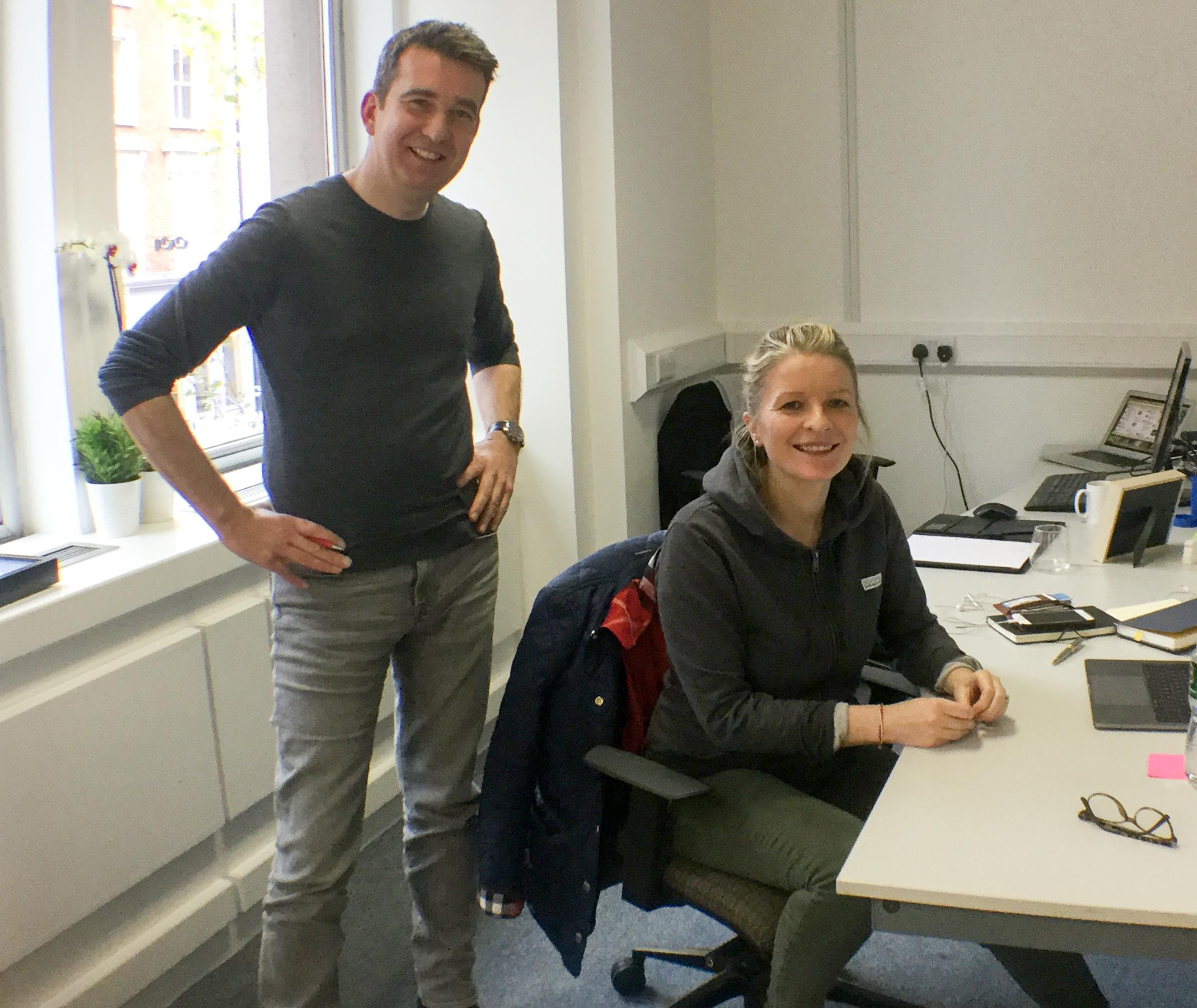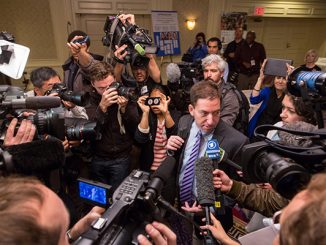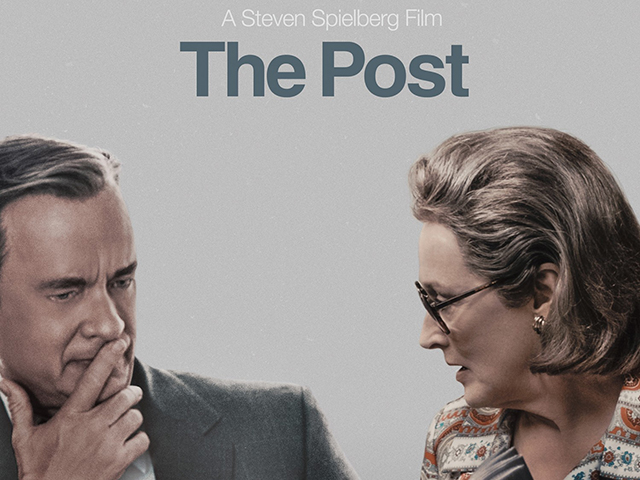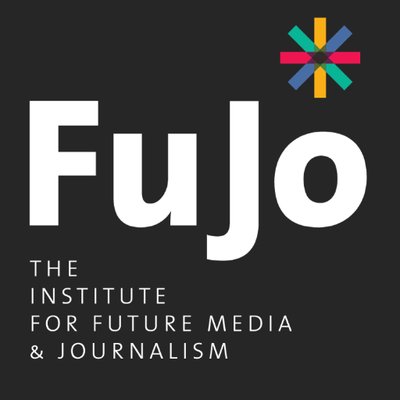
[dropcap][/dropcap]The first rule of journalism has always been verification. If the story isn’t true, then it isn’t a story. Based on the premise of verification, Mark Little founded Storyful in 2009 as a social intelligence and news agency combining journalism, data and information verification.
Little’s skills as a war correspondent and respected journalist gave him the grounding for the task. He sold Storyful to the media mogul Rupert Murdoch, for €18M in 2013.
Little’s newest start-up is called Neva-labs. It’s a web aggregator for collating information to specifically suit one individual’s needs, but destined to be your very own personal assistant who delivers your information and news, specifically as you want it, through a combination of AI (artificial intelligence) and media expertise.
The offices of what will be Neva Labs, are non-descript, without identity, hidden away in the depths of similarly unidentifiable offices on Dublin’s Dawson street.
Little welcomes me with a warm smile and the offer of office-made tea. He is gracious and well voiced as he speaks about this new venture, Neva Labs.
“The first time around for a media entrepreneur it’s a little like jumping into really biting cold water on a really hot day. You can see it looks so inviting and you really want to get in. So, you jump in and you are frozen, and you are shocked. The cold is totally unexpected and its freezing your extremities. And with a start-up that’s exactly what it’s like. You knew it was going to be tough, but you didn’t think it would be this painful. Your resilience is tested, your mental attitude is tested, everything comes apart. Mike Tyson famously said of his fighting career: ‘Everything is going great till you get a thump in the nose.’ It’s the same thing with a start-up.” He laughs, but it’s a laugh from someone who has been at the receiving end of the fist.
His product is not like anything the media industry has been witness to previously, and currently it is in a six to eight-month testing phase.
“It’s like a jigsaw, and we are literally here together as a team only three weeks. You are our first visitor other than the people we are looking for money from.” He tells me, the ever-present smile in place.
For now, the initial project is self-funded, but Little will look to form collaborations as it moves forward. His Storyful collaborator, Aine Kerr, is on board with him, and in recent radio interviews she asked: ‘Can we actually challenge you? You know, you read one particular article with one point of view. Could we suggest to you, actually here’s some other perspectives that you might want to consider as well.”
“Second time around I can put a thought process around it, a product development process. It is like walking around a little minefield. Second time around you know the water is going to be freezing, but the knowledge, that you will get the thump and be ok helps a lot.” Little says.
I wonder if there might be a danger that this means, like before, that Neva Labs will become a gatekeeper of sorts. How do Neva Labs decide which news is offered to clients and which they recommend?
“The labs concept starts out with an idea of where you are going, it is essentially about the idea of saying that something is broken, it is not just a bug in the system.” Little says, insistent that gatekeeping will not form any part of the concept. “The entire information economy is based on distraction, it is not about you as an individual. If you broke it all and started all over again, Neva Labs would be the answer.”
This is a risk, and the measure of how Neva Labs’ success can be gauged seems vague, to me at least. Little is very clear that to change our almost sleepwalking consumption of information we must throw the current model away and start again.
“We had no way of getting better in the way we consume news.” He says simply, and changing that, for him, signifies success.
His answer is Neva Labs. A system that works to your specifications, that is not a distraction to add to the already limitless distractions offered by social media. This is not a rabbit hole, or any other cliché. His testing phase presumably must yield results, but Little seems assured that the combination of expertise from himself, Aine and their team, along with AI, will see this project to fruition.
“We want to deliver you the news you want, a personal news assistant, that is under your control and is designed for your best intentions. We will deliver you a tangible sense of return on your attention. Spend a couple of minutes with us, or as long as you feel that the service feeds your need.”
Cryptically Little tells me: “You realise the only lessons you learn in life are from your failures, but the problem is for journalist that we are not taught this way. It goes totally against our teachings, we cannot ever be wrong.”
If Neva labs succeeds, we as journalists may observationally see less clicks, have editors tell us of lower numbers in audience engagement, and find our work less driven by algorithmic bots. But, in our insistence to never be wrong, we may find the new model of news delivery allows us immersive engagement with our audience, rather than the bland consumptive model which currently exists.
The success of Neva Labs may need time to be measured, but the filter bubble which permeates the ideology of news and feeds the propagandists has to burst at some point. Mark Little and Aine Kerr see this, and their strategy, yet again is to be ahead of the game.



